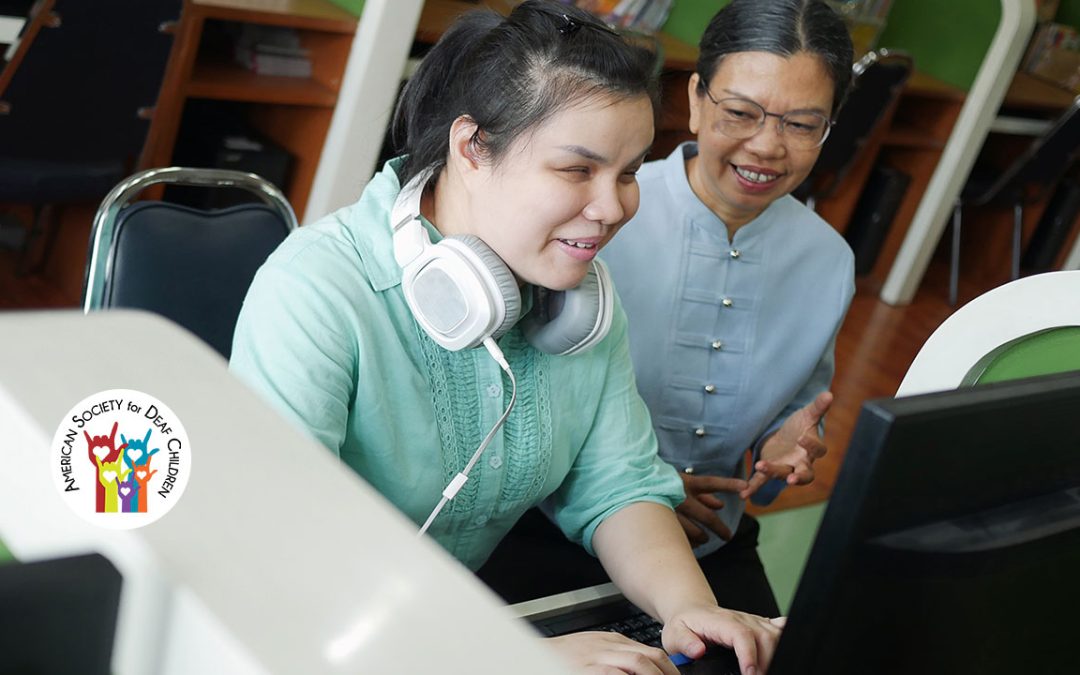Transitioning to Adulthood for Youth Who Are Deaf-Blind
A young person who is deaf-blind typically begins the process of transitioning to adulthood between ages 14-16. But the groundwork for this important transition is laid even earlier through activities that build self-determination, establish community connections, and build skills needed for future employment and lifelong learning.
Careful transition planning can help youth who are deaf-blind prepare for life after school, be it college, vocational training, employment, or community life. Transition is a team effort involving the student, family, and educational team members as well as a number of adult services such as vocational rehabilitation, developmental disabilities agencies, and organizations serving adults who are deaf or hard of hearing and who are blind or visually-impaired.
To learn more about how you can support a young person with deaf-blindness and their transition process, visit these resources from the National Center on Deaf-Blindness:




